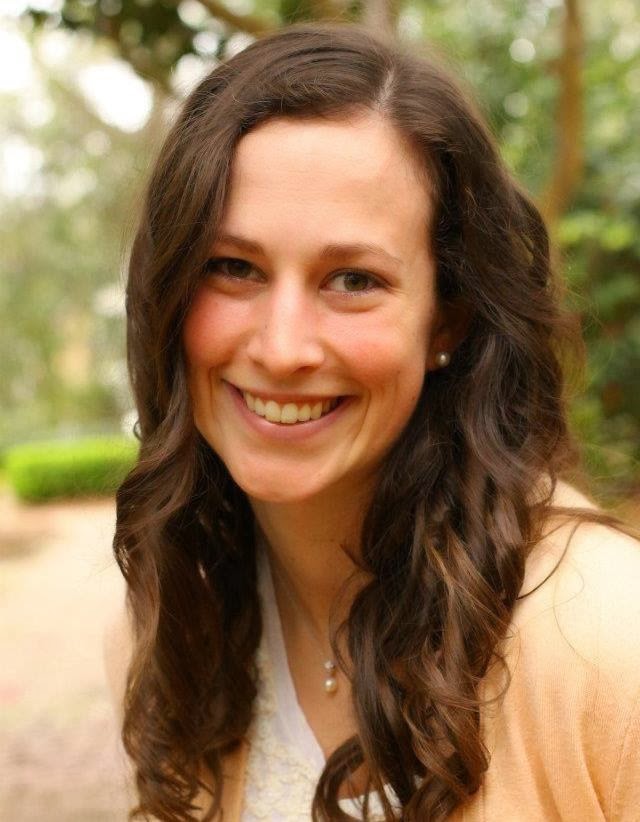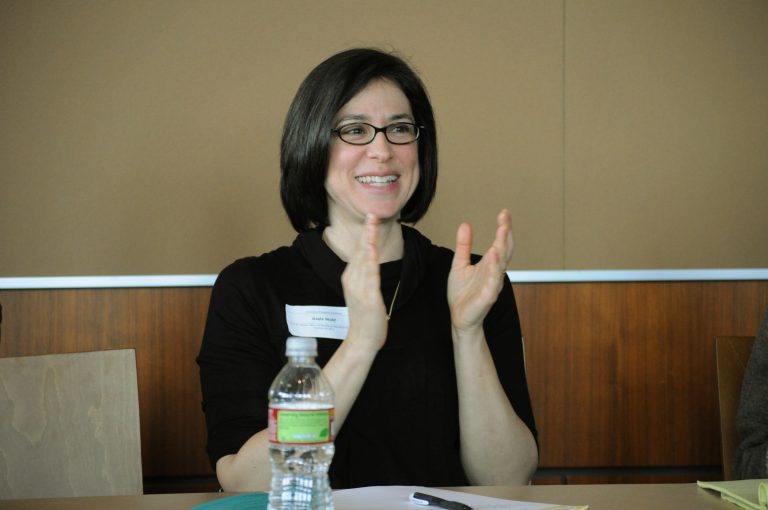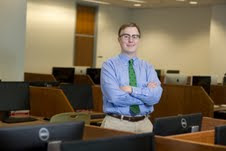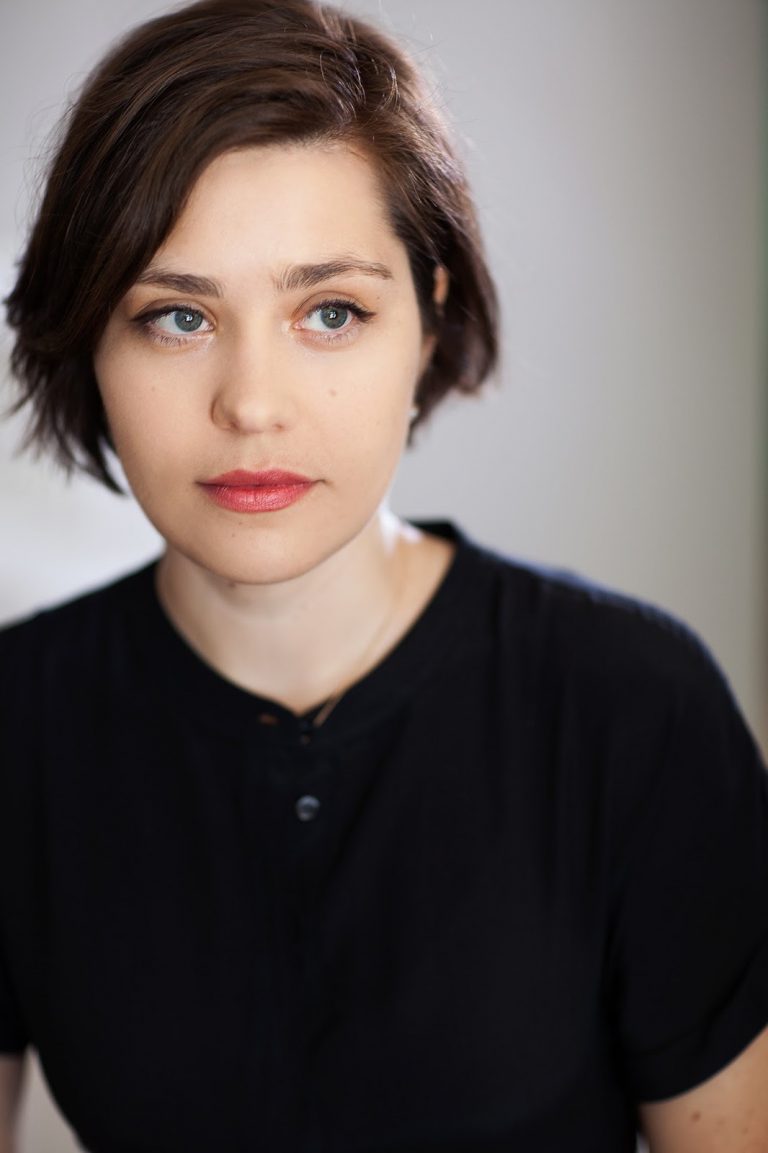GW English Alums on the Move: Christina Katopodis Offers Advice to English Majors Considering Graduate School
.jpg) |
| GW English Alum Christina Katopodis |

.jpg) |
| GW English Alum Christina Katopodis |

… on the birth of Zachary Adam yesterday morning. GW class of 2029! Share on FacebookTweet

Avra Bossov is a senior in GW’s School of Media and Public Affairs, majoring in Political Communications with minors in Sustainability and Mind-Brain Studies. In addition to her past involvement with House Staff, APO, and Alternative Breaks, Avra currently serves as the Executive Vice President of GW’s Student Association. In honor of National Poetry Month,…

Photo Credit: Brooks Canaday/Northeastern University Ryan Cordell graduated from GW in 2004 and went on to the University of Virginia for graduate school in English. His interest in the digital humanities brought him to his current position, Assistant Professor of English at Boston’s Northeastern University, where he and various colleagues just won a grant from…

Friends of GW English know that our community is collegial; what you might not have known is that we also have lots of drama in Rome Hall. ACT I. Collaboration is a wonderful thing The Shakespearean International Yearbook Volume 11: Special issue: Placing Michael Neill. Issues of Place in Shakespeare and Early Modern Culture is now…

Madeline Dennis-Yates, BA ’15 The work of Madeline Dennis-Yates, a May graduate of the English Department, was chosen for the final selection of both the Source Festival in June and the DC Shorts Film Festival which ended Sept. 20. Maddie’s play in the Source Festival was “A Bouquet a Day” a ten-minute play in which…

JMM Writer-in-Washington Kseniya Melnik Photo Credit: Morgan Demeter The Jenny McKean Moore Fund was established in honor of the late Jenny Moore, who was a playwrighting student at GW and who left in trust a fund that has, for almost forty years, encouraged the teaching and study of Creative Writing in the English Department, allowing us to…